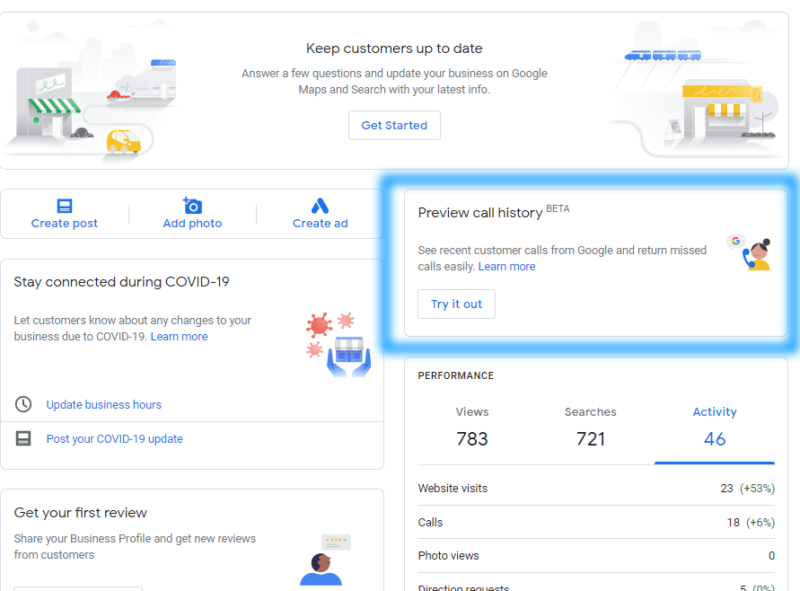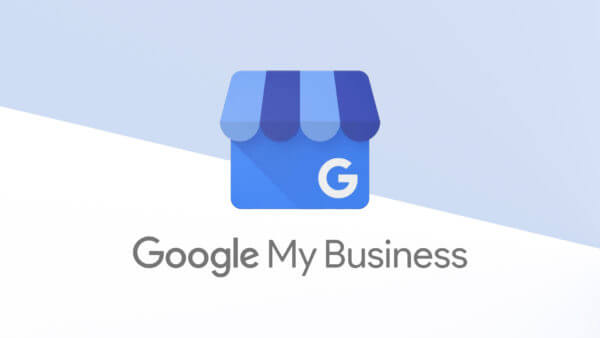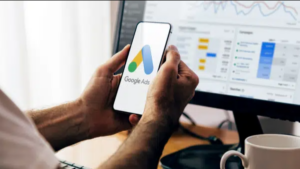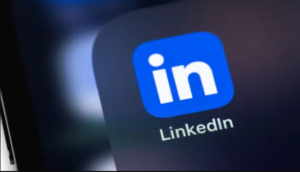The missed call log will remain available to businesses for 45 days.
Colan Nielsen first spotted this yesterday. Here’s what we know.

Uses call forwarding, doesn’t track texts. I asked Google whether it was in any way connected to the company’s now shuttered CallJoy virtual assistant service. I was told it was not. It relies on basic call forwarding and doesn’t involve any of the advanced features of CallJoy. There’s no call recording or transcription, for example.
In Google’s FAQs it says that the forwarding number will be triggered by the “call” button on the business profile. The caller will see a local number with the same area code as the business. However, Google may also use a regional number or in rare cases a toll-free number.
When a profile owner opens the GMB app there will be a calls tab. He or she will then see “a comprehensive list of the time, date, and phone numbers that called them.” Missed calls will remain on the GMB app for 45 days. It’s effectively like the missed call log on your smartphone.
If the call is answered, businesses will hear a recorded message that the call that was initiated on Google. So this is both useful and intended to reinforce the value of Google in the mind of the business owner or local marketer.
Google also explains that the feature will not track texts.
Why we care. During COVID-19 the phone has experienced something of a renaissance. Call volumes are way up according to call analytics vendors, as consumers seek to, among other things, confirm product inventory and opening hours. Historically, small businesses have done a poor job in answering the phone and responding to missed calls. That may have changed considerably as many businesses struggle during this challenging period.
While a modest feature, call history could help improve small business customer service and secure incremental sales. There may also be more sophisticated enterprise use cases.




